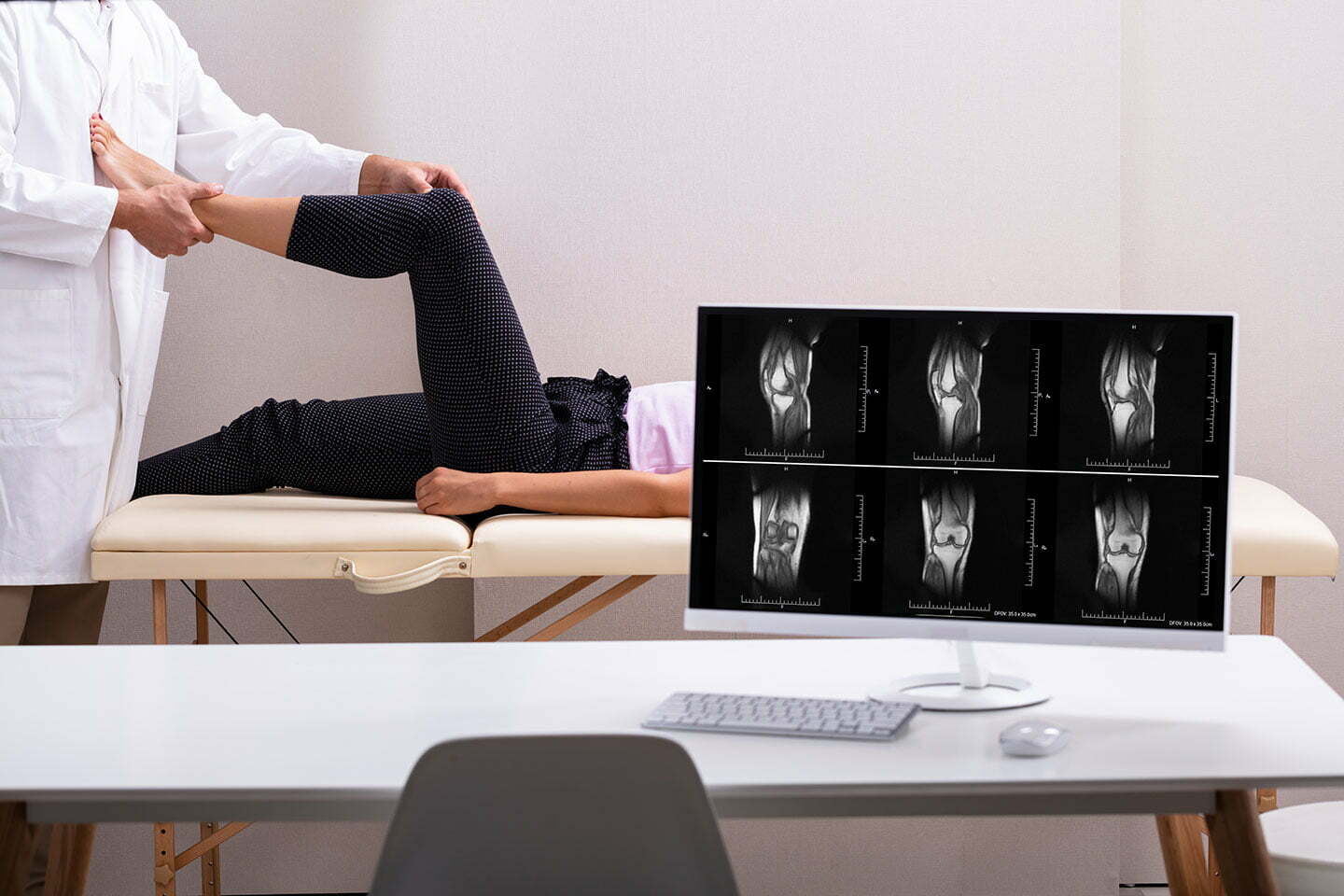
Bone density plays a vital role in overall health and well-being, and many different factors, including age, gender, genetics, and lifestyle, influence it. Bone density is crucial because it can help prevent fractures and other bone-related problems. Not only that, but it can also help support overall mobility and flexibility.
But what happens if you start to lose bone density? And how long does it take to restore bone density once it has been lost? In this blog, we will explore the answers to these questions and provide some tips on how to improve your bone density.
What Causes Bone Density Loss?
As we age, our bones naturally become less dense, which can lead to a higher risk of fractures and other bone-related problems. Around age 30, we reached our peak bone mass. You have to actively maintain it as you age in order to avoid bone loss. While genetics can undoubtedly affect your bone density, lifestyle factors such as a lack of physical activity, poor nutrition, and smoking can negatively affect your health.
But how do you know if you’ve suffered from faster-than-average bone loss? If you’re over 60 or have suffered from a fracture, it’s recommended that you get a bone density test. This will determine your T-score, which is an excellent indicator of your bone density compared to an average 30-year-old.
T-scores are measured in SD - which means standard deviation. If your SD is +1, you have 10-12% stronger bones than the average 30-year-old. If it’s -1, you have 10-12% weaker bones. Those who have been diagnosed with osteoporosis are recognized as a concern for poor bone health, and their score is -2.5 or more.
The good news is there are ways to take control and improve your bone health. Anyone at any stage and any age can apply these practices to optimize their bone density.
How to Restore and Maintain Bone Density
Bone health isn’t dependent on how much milk you’re drinking. So many factors can positively or negatively affect the strength of your bone density. As you age, your bones stop being able to produce more bone than it breaks down during their natural cycle. This isn’t a cause for concern unless you lose an abnormal amount.
If you don’t get enough calcium, incorporate weight-bearing exercises, and regularly consume alcohol, you could be at a higher risk of developing osteoporosis. When this happens, you’re more likely to suffer a fracture, which can impact your day-to-day life.
Here’s how you can improve these three important categories for better bones.
Recommended diet for bone health
A healthy diet for your bones isn’t all about chugging back a glass of milk at every meal. This especially isn’t helpful for those who have dairy sensitivities. Thankfully, we’ve learned that a healthy dose of calcium and vitamin D is key to strong bones through your diet.
While calcium is considered the heavy lifter in this relationship for building bone strength, vitamin D is what helps your body absorb the calcium. Without it, you won’t benefit from adding calcium to your diet.
Here are some easy ways to add these essential nutrients to your diet:
- Add leafy greens to your morning smoothie
- Include broccoli in your meal planning
- Incorporate seeds and nuts, such as sesame seeds and almonds
- Spend some time in the sunshine to soak up the vitamin D or opt for vitamin D-fortified foods and beverages
You can also find calcium in tofu, fruits such as raisins, prunes, and figs, or fortified plant milks. If your bone density test showcases that you’re lower than average, it’s important to pay attention to your calcium consumption.
Recommended exercises for bone health
Exercise is essential for several health benefits, but we’re going to focus on what it can do for your bones. Resistance training and weight-bearing activities are what help your bones thrive under pressure to maintain strength.
You don’t need to incorporate a vigorous workout routine. Some simple exercises include:
- Walking
- Stairclimbing
- Dancing
- Tai-chi
- Tennis
- Resistance band training
If you have mobility obstacles and these exercises are difficult to commit to regularly, a low-intensity vibration device can help you achieve bone and muscle health benefits at home.
Recommended lifestyle for optimal bone health
Women who consume more than 10 alcoholic beverages a week, and 15 for men, are at a higher risk of losing bone density. This is because alcohol disrupts the production of vitamin D and can also cause hormone deficiencies. Reducing alcohol consumption can help you maintain optimal bone health as you age.
Smoking also slows your body’s ability to absorb calcium and vitamin D. If you’re at risk of developing osteoporosis, it’s recommended to make this lifestyle change asap.
Our bone health greatly impacts our lifestyle, and actively maintaining bone density is crucial for lifelong mobility. When our mobility is affected, it can be easy to fall into a pattern of neglecting our bone health when exercise becomes difficult. The Marodybe LiV device allows you to build muscle strength and mass, improve bone health, and stimulate blood circulation in just 10 minutes at home. Order your device today to take a step towards better bones.
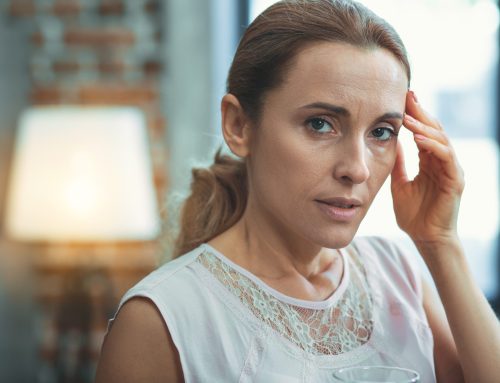
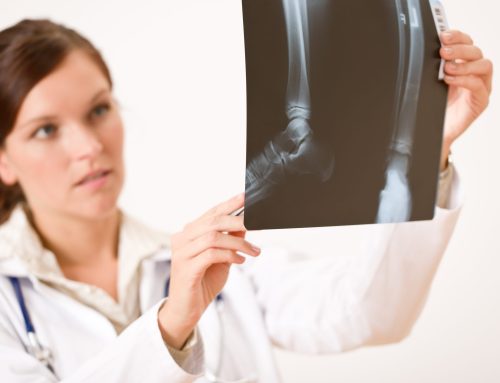
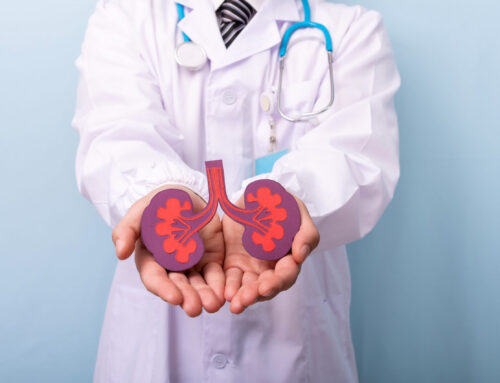
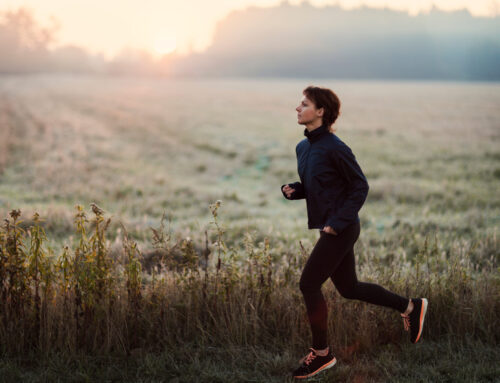
So, After one starts using your device, how long does it take to see changes in bone density and/or muscles ?
Hi Peter,
You should be able to notice muscle changes within the first few weeks, but bone density will take longer (12 – 18 months).
You didn’t answer the question you posed to yourself as to how long it can take to restore bone health. So, how long?
Hi Bill,
Sorry for my delay in responding. With daily sessions, you should be able to see a difference in bone health after 16 – 18 months depending on your bone density and T scores as it does vary between each person. Hope this clarifies!
Do you wear gym shoes or barefooted?
Hi Jeanne,
Barefoot is best on the Marodyne.